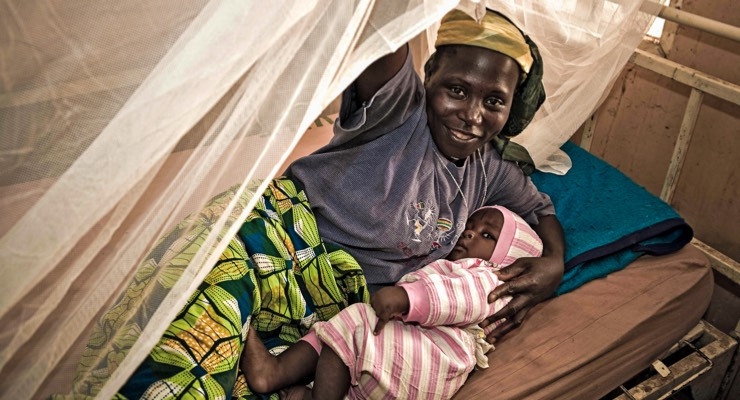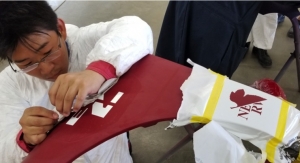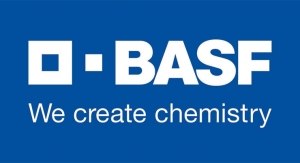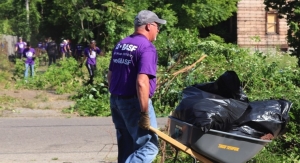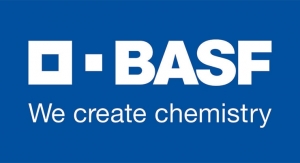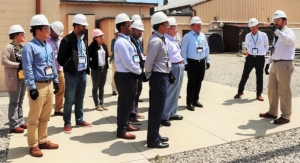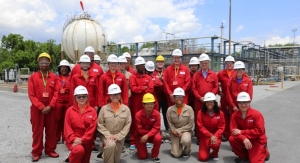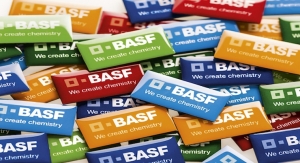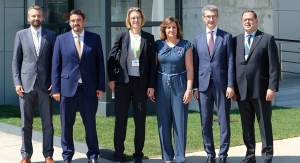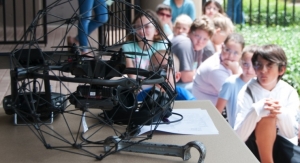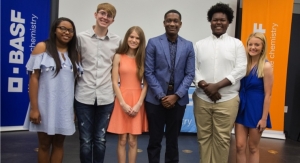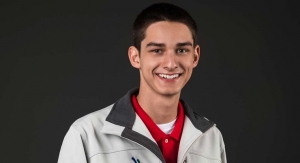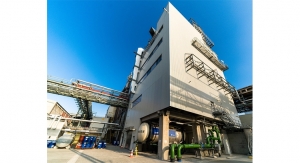10.09.19
To mark the Sixth Replenishment Conference of The Global Fund to Fight AIDS, Tuberculosis and Malaria, BASF, MedAccess and the Bill & Melinda Gates Foundation announced an agreement that will facilitate the supply of 35 million Interceptor G2 mosquito nets to combat malaria. The four-year agreement accelerates access to this innovative new mosquito-control technology in countries where progress is stalling due to insecticide resistance.
The agreement enables BASF to better plan long-term resources and reduce the cost of the new nets by an average of 40% over the contract period. This will make the nets more accessible and affordable for countries where insecticide resistance is growing, and conventional nets are becoming less effective. The new nets will help to protect the health of millions of people particularly in countries across sub-Saharan Africa, including Burkina Faso, Côte d’Ivoire and Mali.
“Mosquito control, particularly through bed nets, has been the cornerstone of our progress against malaria over the past 15 years. But insecticide resistance is threatening progress in some of the highest-burden countries. This agreement will help us stay ahead of resistance and bring new tools that are much needed to fight against a disease that can be effectively prevented," said Trevor Mundel, president of Global Health at the Bill & Melinda Gates Foundation.
Every year, malaria kills around 435,000 people and there are an estimated 219 million cases. Nowhere is the problem more severe than in Africa with more than 90% of deaths. Beyond the loss of life, malaria disrupts education, industries and national economies. It is a major cause of global poverty.
“For half the world’s population, every day is a fight against malaria. Malaria is preventable and treatable, yet it still causes the death of a child under five years old every two minutes. This agreement will ensure that this innovative new net technology gets to those regions where it is most needed and saves lives," said Saori Dubourg, member of the BASF board of directors.
In recent years, the fight against malaria has made significant progress. Insecticide-treated mosquito nets have been responsible for 69% of the 663 million clinical cases of malaria averted between 2000 and 2015. However, after many years of declining incidence rates, the highly adaptable mosquito has developed resistance to the insecticides commonly used in malaria prevention, causing the number of cases to rise again. More than 60 countries now report resistance to at least one insecticide class used to combat malaria. Health experts are calling for new tools and collaborations to regain momentum.
BASF’s new Interceptor G2 mosquito net is based on two insecticides and has been designed specifically to combat resistance in the fight against malaria. For more than a decade, BASF scientists worked to successfully repurpose alpha-cypermethrin and chlorfenapyr, a completely new insecticide class for public health, for use together on mosquito nets. The dual-insecticide net received an interim recommendation from the World Health Organization in 2017 – the first for a product based on a new class of chemistry in more than 30 years.
“We are immensely motivated by the results of this collaboration. If we are to stand a chance of beating malaria, exciting new technology like the Interceptor G2 mosquito nets must be made widely available," said Michael Anderson, CEO of social financing company, MedAccess. "By introducing a new financial model, we have been able to support a reduction in the price of the nets, speed up their distribution and ensure there is a reliable supply. Now, we will replicate efforts in other areas to ensure financial and practical barriers to accessing medicines are broken down, for good.”
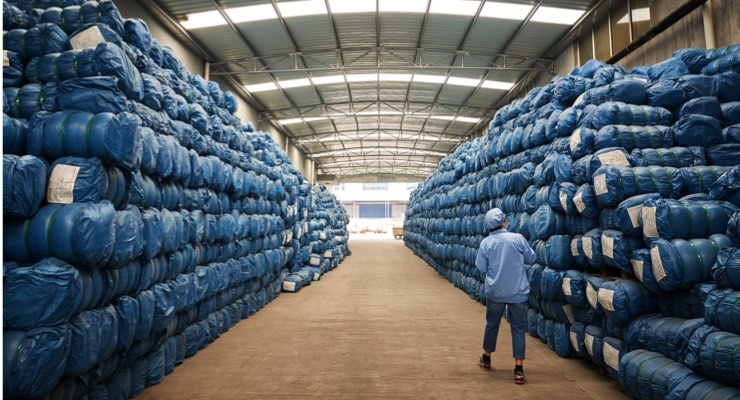
The agreement enables BASF to better plan long-term resources and reduce the cost of the new nets by an average of 40% over the contract period. This will make the nets more accessible and affordable for countries where insecticide resistance is growing, and conventional nets are becoming less effective. The new nets will help to protect the health of millions of people particularly in countries across sub-Saharan Africa, including Burkina Faso, Côte d’Ivoire and Mali.
“Mosquito control, particularly through bed nets, has been the cornerstone of our progress against malaria over the past 15 years. But insecticide resistance is threatening progress in some of the highest-burden countries. This agreement will help us stay ahead of resistance and bring new tools that are much needed to fight against a disease that can be effectively prevented," said Trevor Mundel, president of Global Health at the Bill & Melinda Gates Foundation.
Every year, malaria kills around 435,000 people and there are an estimated 219 million cases. Nowhere is the problem more severe than in Africa with more than 90% of deaths. Beyond the loss of life, malaria disrupts education, industries and national economies. It is a major cause of global poverty.
“For half the world’s population, every day is a fight against malaria. Malaria is preventable and treatable, yet it still causes the death of a child under five years old every two minutes. This agreement will ensure that this innovative new net technology gets to those regions where it is most needed and saves lives," said Saori Dubourg, member of the BASF board of directors.
In recent years, the fight against malaria has made significant progress. Insecticide-treated mosquito nets have been responsible for 69% of the 663 million clinical cases of malaria averted between 2000 and 2015. However, after many years of declining incidence rates, the highly adaptable mosquito has developed resistance to the insecticides commonly used in malaria prevention, causing the number of cases to rise again. More than 60 countries now report resistance to at least one insecticide class used to combat malaria. Health experts are calling for new tools and collaborations to regain momentum.
BASF’s new Interceptor G2 mosquito net is based on two insecticides and has been designed specifically to combat resistance in the fight against malaria. For more than a decade, BASF scientists worked to successfully repurpose alpha-cypermethrin and chlorfenapyr, a completely new insecticide class for public health, for use together on mosquito nets. The dual-insecticide net received an interim recommendation from the World Health Organization in 2017 – the first for a product based on a new class of chemistry in more than 30 years.
“We are immensely motivated by the results of this collaboration. If we are to stand a chance of beating malaria, exciting new technology like the Interceptor G2 mosquito nets must be made widely available," said Michael Anderson, CEO of social financing company, MedAccess. "By introducing a new financial model, we have been able to support a reduction in the price of the nets, speed up their distribution and ensure there is a reliable supply. Now, we will replicate efforts in other areas to ensure financial and practical barriers to accessing medicines are broken down, for good.”


